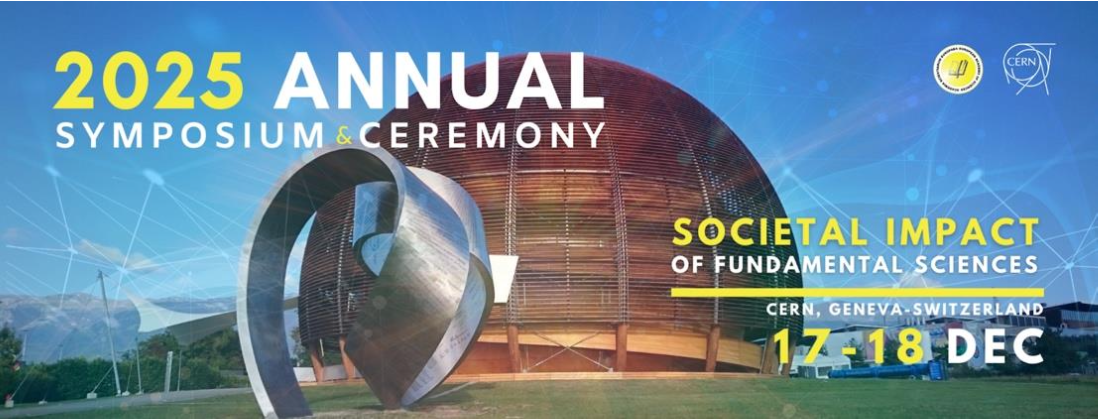Since ancient times, human curiosity has led us to wonder about our place in the cosmos. Greek philosophers were convinced that an infinite number of “worlds” existed in the universe. And they already evoked the possibility that some of these “worlds” could harbor living species. In today's terms: do planets exist around other stars? Is life present elsewhere than on our Earth? Modern...
The presentation will focus on the common features that can be understood in the missions of the European Engineering Academies, which are associated with the mission of Euro-CASE, The European Council of Academies of Applied Sciences, Technologies and Engineering, currently made up of 22 Academies of European countries, of which the Portuguese Academy is a member.
In a broad view, the...
Progress in fundamental science allows us to get a deeper understanding of how Nature works through great scientific discoveries. Over the centuries this understanding has very much altered the way we live – giving us a better life – providing us with paradigm shifting technologies. From electricity and semiconductor electronics to telecommunications, medical imaging, GPS, and even the World...
As the Academia Europaea approaches the 40th year of its existence the world’s
perception of fundamental sciences and their contributions to societal impacts have
evolved remarkably since its creation.
In addition to the fundamental role of its members in the creation and exchange of
knowledge the Academia Europaea has, increasingly, been recognised as a
fundamental resource for...
The traditional account of making science practically useful goes back to Vannevar Bush’s 1945 “Report to the President.” This report promoted basic research “performed without thought of practical ends” (Bush 1945, chapter 3) as the linchpin for achieving practical utility. This approach has become known as the “linear model”; it places progress in epistemic or basic research at the center of...
The Solvay Institutes are unique not only in their history and prestige, but also in their ability to identify emerging scientific themes and to bring together the best researchers from diverse backgrounds around them. Their exceptional added value therefore stems from the founding nature of their scientific activities and their resolutely forward-looking orientation. The Institutes are...
Recent climatic changes have already impacted biodiversity, but estimates of the percent of species threatened with extinction by 2100 range from 1% to 80%. This uncertainty stems partly from differences among algorithms used to estimate species' current and future projected ranges, and from differences among modeled projections of future climate. There is little agreement as to which species'...
The integration of Digital Twin technology with AI Engine is transforming how research and industry understand, predict, and optimize complex systems. Building upon collaborative initiatives between CERN, InnoSuisse, and industrial partners, this talk explores how open-science can be extended into scalable, data-intelligent frameworks for real-world applications.
At the core lies the...
Artificial intelligence (AI) is revolutionising measurement systems in electrical and electronic engineering, enabling advanced data analysis, real-time decision-making, and automation of complex measurement tasks. However, the deployment of AI-based models in measurement contexts introduces critical challenges, particularly regarding the reliability and traceability of their outputs and the...
The FLOGEN sustainability framework, developed by the author in 2015, clarified the confusion that existed in the definition of sustainability by making a clear distinction between criteria, actors and objectives of sustainable development. Since its development, due to its unified, universal and all-inclusive nature, it has been applied in many fields of science and technology and has been...
In the last fifteen years, several Nobel Prizes in physics and chemistry have been awarded to material science discoveries – discoveries combined with the expectation to have an impact on our global economy and societies: graphene, gallium nitride, lithium-ion batteries, quantum dots, and metal-organic frameworks.
Since the last five years, global competition between economies on critical...
The connection between fundamental research and societal applications may play a major role in both directions. In this contribution we present the fabrication and characterization of “solid-gas” nanocomposite films, initially developed for antireflective coatings in solar cells applications. Firstly, it was found that the nanoporous silicon films, obtained by magnetron sputtering (MS)...
The rapid advancement of nanotechnology has opened new frontiers in the design of diagnostic devices with unprecedented sensitivity, selectivity, and speed. Central to this progress are the unique physical properties of nanomaterials—including size-dependent optical, electrical, mechanical, and surface characteristics—which enable innovative mechanisms of signal generation and transduction....
Our planet is nowadays experiencing an unprecedented situation of accelerated climate change linked to the exacerbated anthropogenic emissions of greenhouse gases (GHG). Additional to the natural biogeochemical exchanges between the biosphere and the atmosphere, the huge increase of GHG fluxes deriving from fuel burning has produced a sharp increase of CO2 concentrations in the atmosphere, but...
